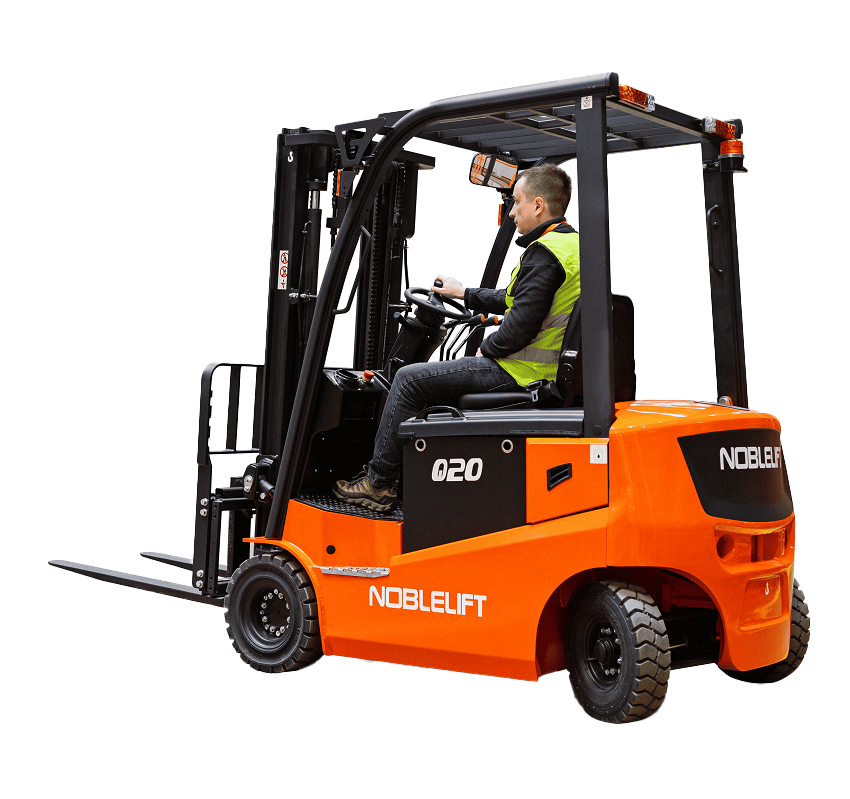Innovations in Combustion Forklift Technology
In recent years, the field of combustion forklift technology has seen significant advancements. These innovations are driven by the need for more efficient, environmentally friendly, and cost-effective solutions in material handling. This article explores some of the key developments in this area and their implications for the industry.
Enhanced Fuel Efficiency
One of the most notable innovations in combustion forklift technology is the improvement in fuel efficiency. Modern forklifts are now equipped with advanced engines that consume less fuel while delivering the same or even higher levels of performance. This not only reduces operational costs but also minimizes the environmental impact of forklift operations. Manufacturers are investing in research and development to create engines that can operate efficiently on alternative fuels, such as natural gas and biofuels, further enhancing sustainability.
 ForkLift | China Manufacturer Trade price on Materials Handling Fork-lifts Truck, Stackers, Industrial vehicles, Scrubbers, Transporters Sale Buy Online Industrial Equipment in USA/UK/India/Australia/canada | ForkLift
ForkLift | China Manufacturer Trade price on Materials Handling Fork-lifts Truck, Stackers, Industrial vehicles, Scrubbers, Transporters Sale Buy Online Industrial Equipment in USA/UK/India/Australia/canada | ForkLift
Emission Reduction Technologies
Another critical area of innovation is the reduction of emissions. Combustion forklifts have traditionally been associated with high levels of pollutants, but recent technological advancements have led to the development of cleaner engines. These engines are designed to meet stringent emission standards, reducing the release of harmful gases such as carbon monoxide, nitrogen oxides, and particulate matter. Technologies such as exhaust gas recirculation (EGR) and selective catalytic reduction (SCR) are being integrated into forklift engines to achieve these goals.
Advanced Engine Management Systems
The integration of advanced engine management systems is also revolutionizing combustion forklift technology. These systems use sophisticated sensors and control units to optimize engine performance in real-time. By continuously monitoring parameters such as fuel injection, air intake, and exhaust emissions, these systems ensure that the engine operates at peak efficiency under all conditions. This not only enhances performance but also extends the lifespan of the engine and reduces maintenance requirements.
Hybrid Combustion-Electric Forklifts
Hybrid technology is making its way into the forklift industry, combining the benefits of combustion engines with electric power. Hybrid forklifts use a combination of an internal combustion engine and an electric motor to provide power. This configuration allows for greater flexibility and efficiency, as the electric motor can be used for low-speed operations and the combustion engine for high-speed tasks. Hybrid forklifts offer reduced fuel consumption and emissions, making them an attractive option for companies looking to improve their environmental footprint.
Noise Reduction Innovations
Noise pollution is a significant concern in many industrial settings, and innovations in combustion forklift technology are addressing this issue. Modern forklifts are being designed with noise reduction features, such as improved engine insulation and quieter exhaust systems. These advancements not only create a more comfortable working environment for operators but also reduce noise-related disturbances in surrounding areas.
Enhanced Safety Features
Safety is a paramount concern in the material handling industry, and recent innovations in combustion forklift technology are enhancing operator safety. Advanced safety features, such as automatic braking systems, stability control, and collision avoidance technologies, are being integrated into modern forklifts. These features help prevent accidents and injuries, ensuring a safer workplace for all employees.
Conclusion
The innovations in combustion forklift technology are transforming the material handling industry. Enhanced fuel efficiency, emission reduction technologies, advanced engine management systems, hybrid forklifts, noise reduction innovations, and enhanced safety features are all contributing to more efficient, sustainable, and safe forklift operations. As manufacturers continue to invest in research and development, we can expect even more groundbreaking advancements in the future, further revolutionizing the way we handle materials in various industries.
